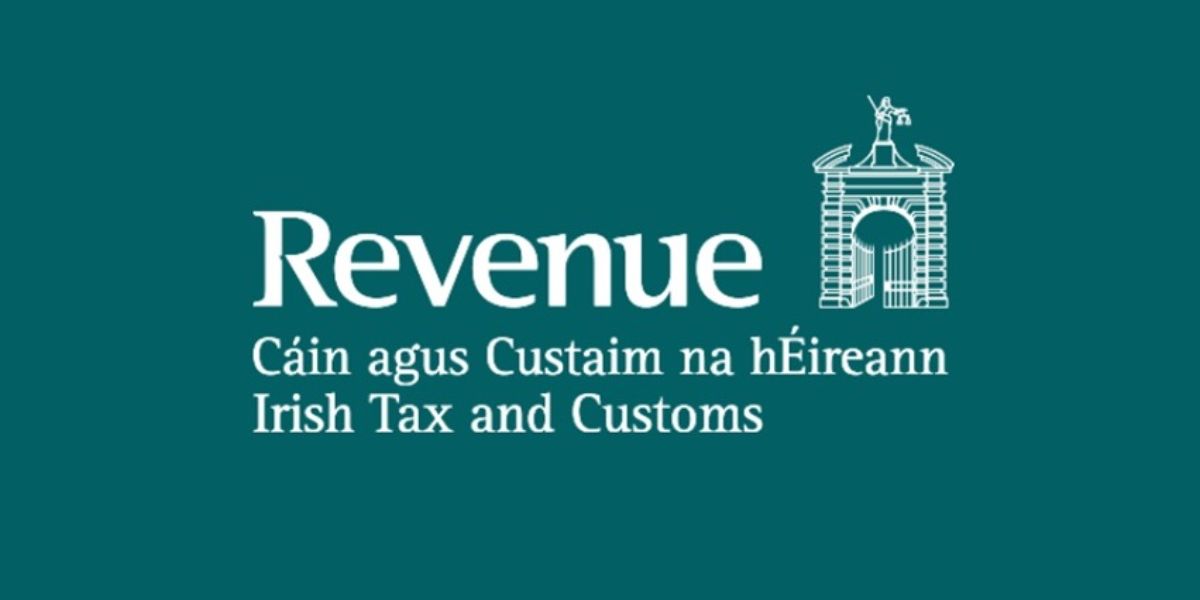On 10 October 2017, the Irish government presented details of the Budget 2018. This budget delivers the Government’s long standing target of balancing the books in structural terms next year by reaching the Medium Term Budgetary Objective better known as the MTO.
Corporation tax
The area of Corporation tax has seen substantial reforms in recent years. Ireland offers a stable and competitive corporation tax system.
Michael D’Arcy, T.D. said “we are very clear that the 12.5 per cent tax rate is, and will remain, a core part of our offering. One of the recommendations of the report relating to capital and interest allowances for intangible assets is being introduced with effect from tonight”.
The Minister has announced a consultation process as part of updating the international tax strategy.
The Budget outlines a number of important developments for investment with the allocation for 2018 being increased by €790 million.
The total capital expenditure will be more than double between 2015 and 2021 – from €3.7 billion to €7.8 billion. This will make Ireland’s public investment levels among the highest in the E.U. and will enable critical bottlenecks to be addressed
This measure will provide that the deduction for capital allowances for intangible assets, and any related interest expense, will be limited to 80% of the relevant income arising from the intangible asset in an accounting period.
Income Tax
An increase of €750 in the income tax standard rate band for all earners, from €33,800 to €34,550 for single individuals and from €42,800 to €43,550 for married one earner couples.
An increase in the Home Carer Tax Credit from €1,100 to €1,200.
An increase in the Earned Income Credit from €950 to €1,150.
Universal Social Charge (USC)
USC Rates & Bands from 1 January 2018. Incomes of €13,000 are exempt. Otherwise:
- €0 – €12,012 @ 0.5%
- €12,012 – €19,372 @ 2%
- €19,372 – €70,044 @ 4.75%
- €70,044+ @ 8%
- Self-employed income over €100,000: 3% surcharge
Marginal tax rate on incomes up to €70,044 reduced from 49% to 48.75%. The USC relief for medical card holders is being extended for a further two years (revenue neutral as already in tax base). Medical card holders and individuals aged 70 years and older whose aggregate income does not exceed €60,000 will now pay a maximum USC rate of 2%.
Capital Gains Tax
A share-based remuneration incentive is being introduced to facilitate the use of share-based remuneration by unquoted SME companies to attract key employees. Gains arising to employees on the exercise of KEEP share options will be liable to Capital Gains Tax on disposal of the shares, in place of the current liability to income tax, USC and PRSI on exercise. This incentive will be available for qualifying share options granted between 1 January 2018 and 31 December 2023.
Stamp Duty
There is change of rate of Stamp Duty on Non-Residential Property from 2% to 6%.
VAT
The VAT rate on sunbed services is being increased from 13.5% to the standard rate of 23% from 1 January 2018, in order to deter sunbed use, due to clear evidence of a link between sunbed use and skin cancer.
Tobacco Products Tax
The excise duty on a packet of 20 cigarettes is being increased by 50 cents (including VAT) with a pro-rata increase on the other tobacco products, and an additional 25c on roll your own tobacco. This will take effect from midnight on 10 October 2017.
Sugar Tax
A tax on sugar sweetened beverages is to be introduced on 1 April 2018. The tax will apply to sugar sweetened drinks with sugar content between 5 grams and 8 grams per 100ml at a rate of 20c per liter. A second rate will apply for drinks with a sugar content of 8 grams or above at 30c per liter.














